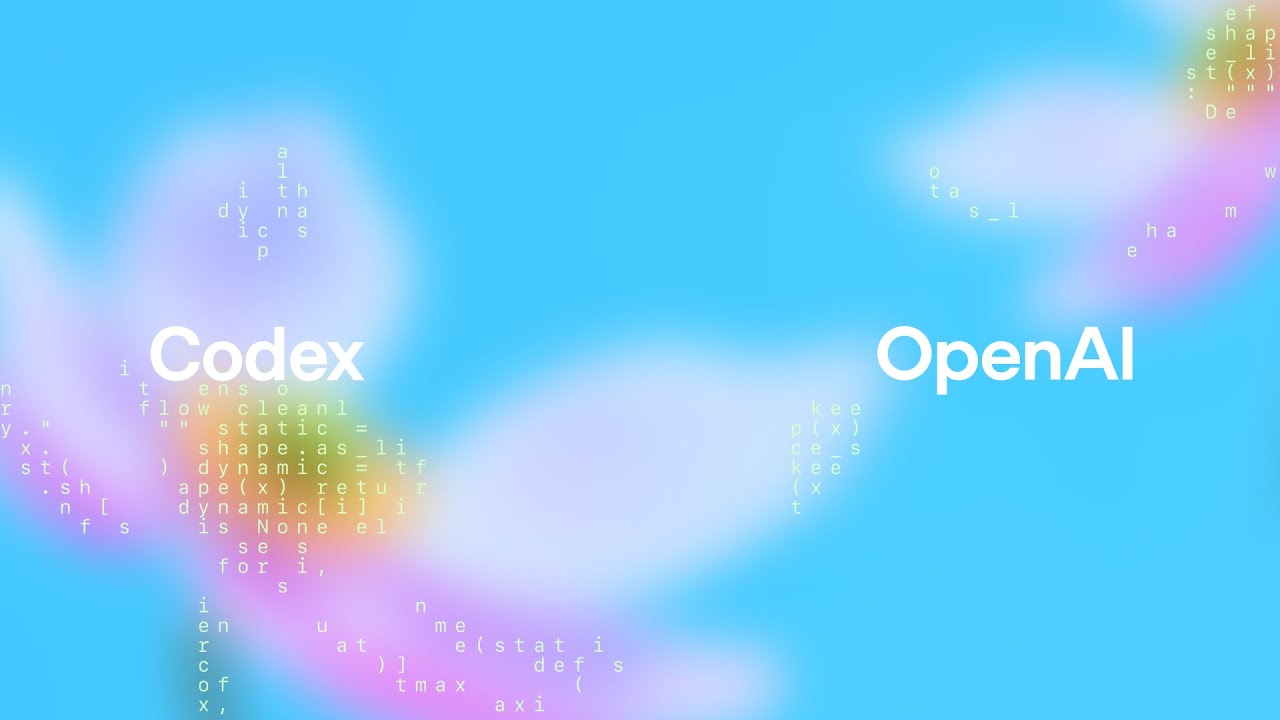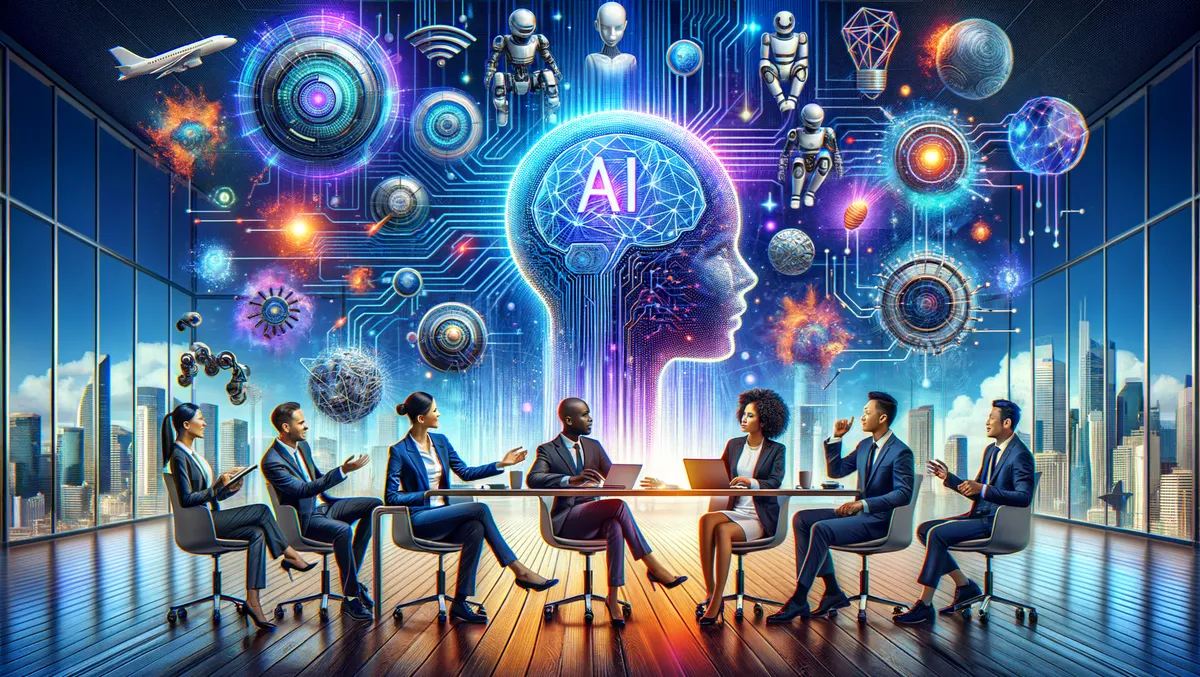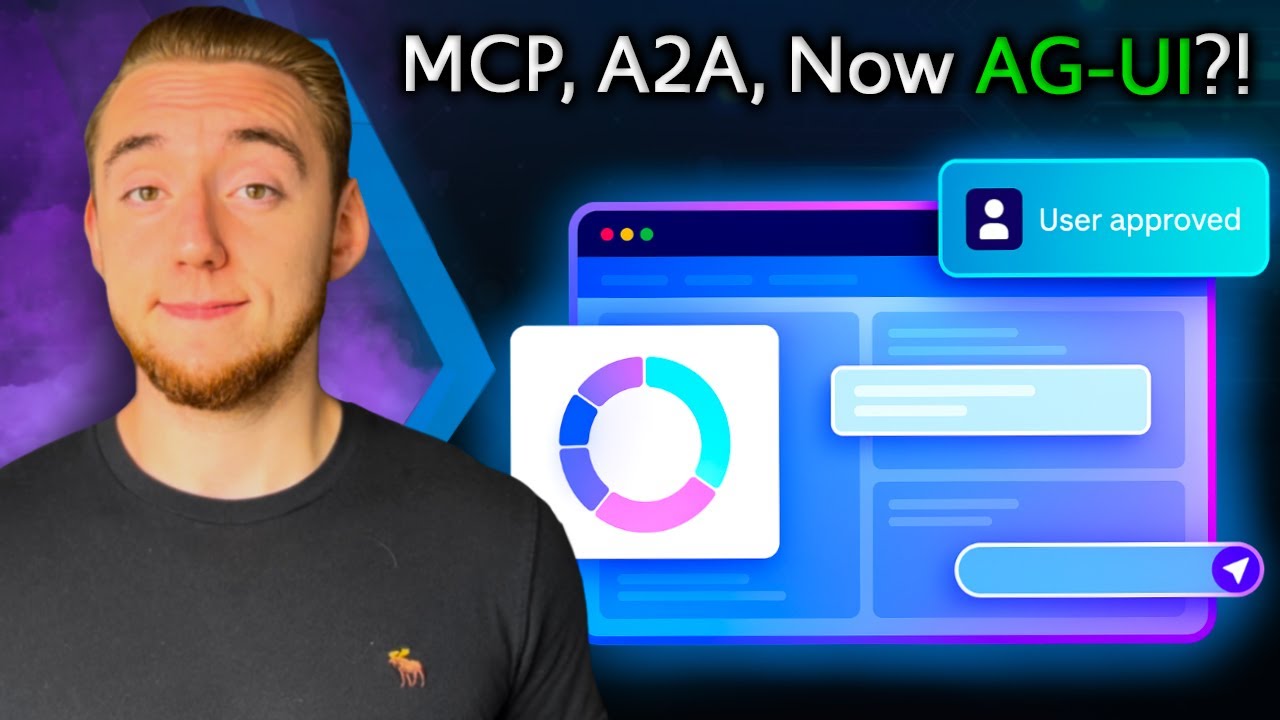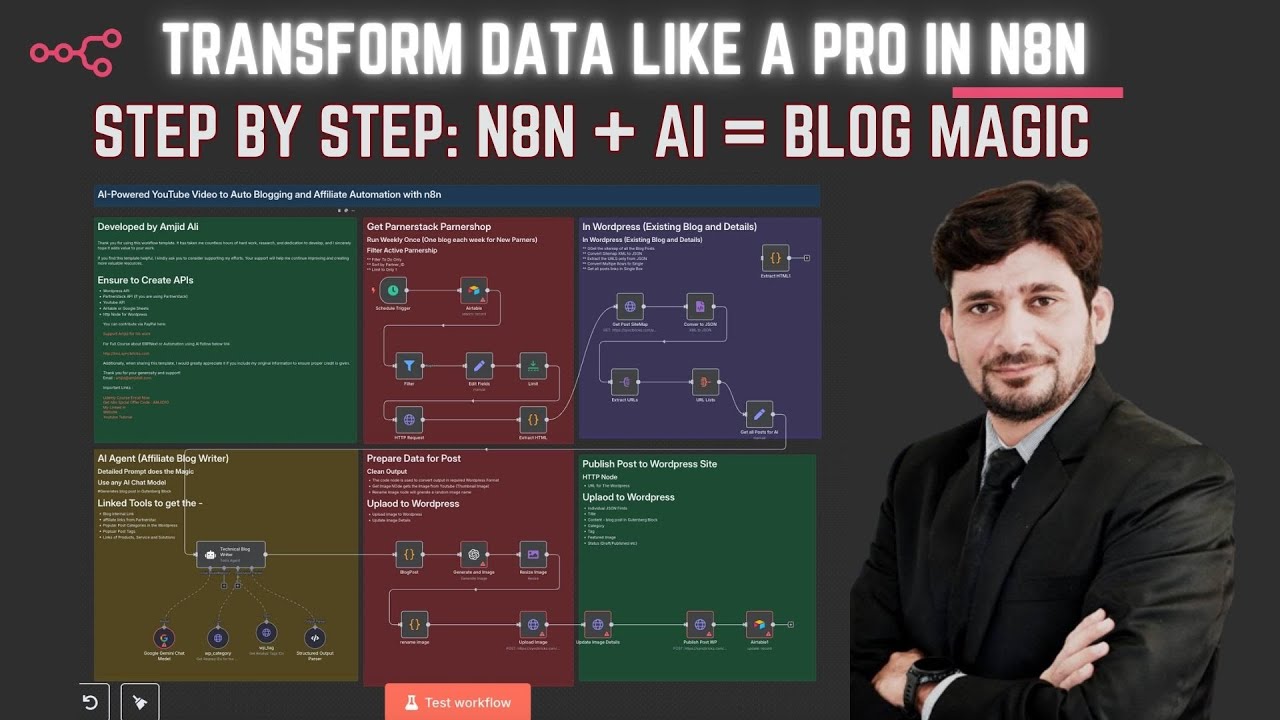
The landscape of software engineering is poised for a transformation by the end of 2025, and OpenAI is leading the charge with the introduction of Codex in ChatGPT. Announced first as Codex in 2021 and now evolving into a remote agent system, Codex is designed to change how developers interact with their codebases, streamlining workflows and automating complex tasks.
Codex is a powerful system running on OpenAI’s compute infrastructure that allows asynchronous software agents to run multiple tasks in parallel. Unlike traditional local tools, these agents operate remotely, enabling developers to delegate tasks and return later to review results—significantly increasing productivity.
Introducing Codex: The Remote Software Agent
This new system, known as Codex, runs with your repository and development environment on OpenAI’s cloud. It enables running numerous copies of the agent to handle diverse tasks simultaneously. Initially available to ChatGPT Pro, Enterprise, and Teams users, Codex will eventually expand its reach to Plus and EDU users.
How Codex Works
Powered by the latest Codex model, optimized for realistic coding needs, Codex not only writes code but also understands repository context, tests its work, and refines outputs based on style and maintainability. The agents operate within isolated microVM sandboxes, with full access to environment variables, secret keys, and custom setup scripts—mirroring developers’ local setups.
This infrastructure allows for complex multi-task management, such as explaining codebases to newcomers, finding and fixing bugs, and proactively suggesting improvements to maintain a bug-free, maintainable codebase. Developers can schedule tasks asynchronously and return to results, boosting efficiency.
Real-World Demo and Use Cases
During the demonstration, Codex agents seamlessly reproduced and fixed bugs in repositories, wrote tests automatically, and verified code quality through linting and style checks. The system even runs tests and reports results, providing transparency and confidence for developers reviewing code changes.
A key benefit highlighted is Codex’s ability to act as a virtual co-worker—an AI-powered intern, mentor, and pair programmer rolled into one. Developers can delegate coding tasks entirely, freeing themselves to focus on higher-level aspects or other work.
The Future of Software Engineering with Codex
Codex represents a significant leap toward the future of software development. By automating repetitive tasks, providing high-quality code suggestions, and managing multiple development streams, it enables teams to accelerate their workflows and improve code integrity.
The infrastructure scales on-demand from a single agent to thousands, running in the cloud rather than locally. This scalability opens new possibilities for collaborative and asynchronous coding models, potentially redefining programming paradigms.
OpenAI continues to refine Codex, integrating it further with developer tools and CI environments to provide automatic bug fixes where traditional workflows require manual intervention. The vision is to create a seamless interface that feels like a real AI co-worker, improving productivity across the board.
Recommended Resources and Further Reading
- Ultimate RAG and MCP Server for AI Coding
- OpenAI Recruitment Tools: Leveraging AI for Hiring
- Future of AI in Recruitment and Job Markets
Conclusion
Codex in ChatGPT heralds a new era where AI-powered software agents assist developers in writing, testing, and maintaining code at an unprecedented scale and speed. By embracing these tools, software engineers can focus on innovation while delegating routine or complex debugging tasks to intelligent agents. This glimpse into the future signals exciting times ahead for software engineering and AI integration.
Explore the Codex system today with ChatGPT Pro, Enterprise, and Teams plans, and stay tuned for broader availability to Plus and EDU users. As the technology evolves, it promises to be an indispensable asset to developers worldwide.





